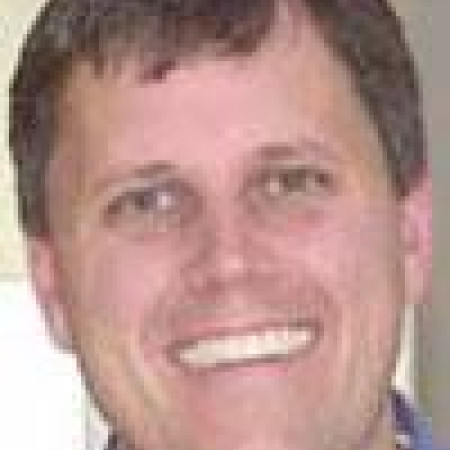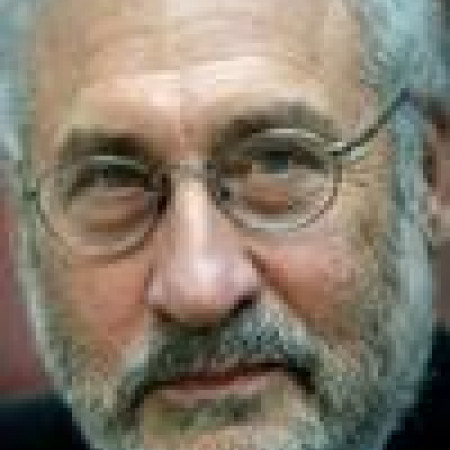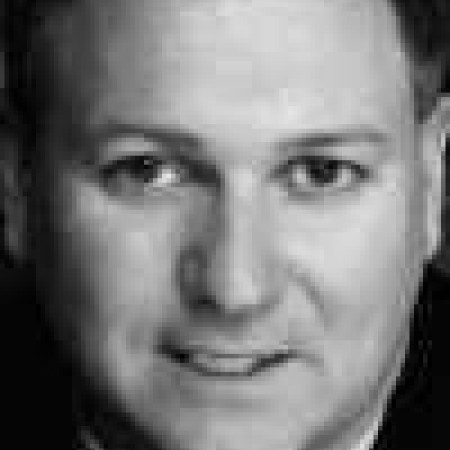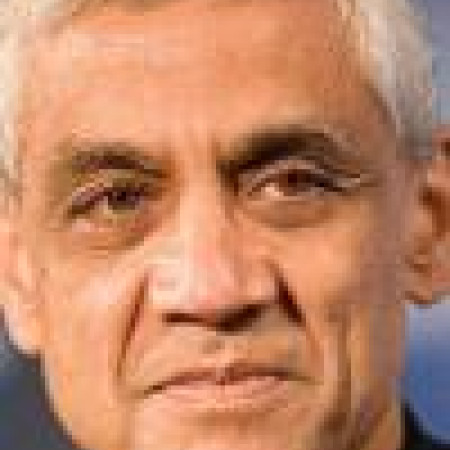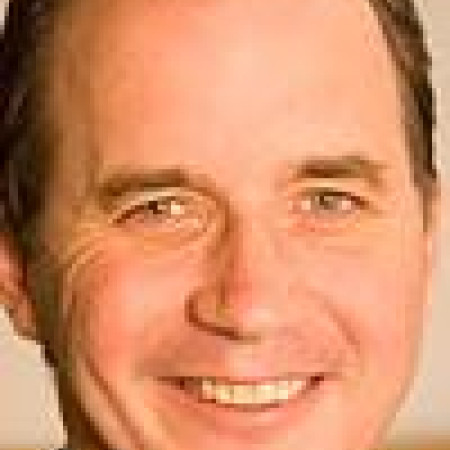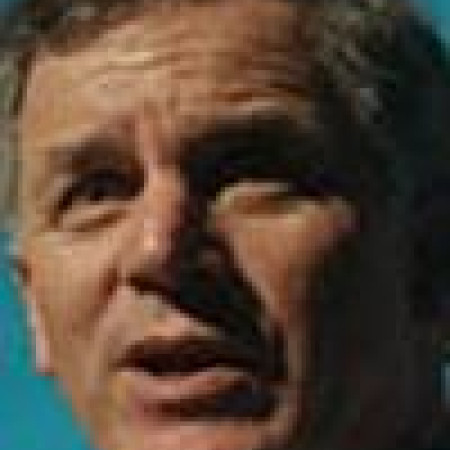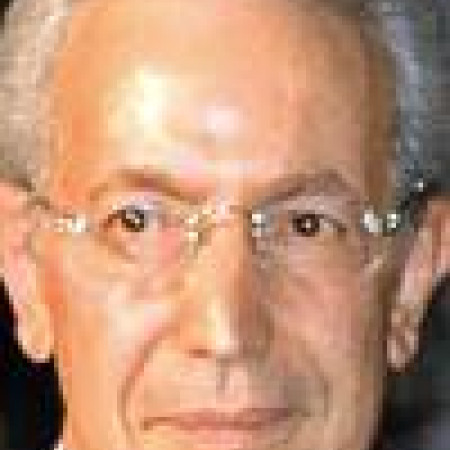Socially and Environmentally Responsible Supply Chains Conference - Strategies for Improving Product
Not a week goes by without a product safety incident splashed across the headlines. As companies face increasing layers of suppliers, the task of monitoring the many links in the chain becomes a formidable challenge. The situation is particularly troubling for social entrepreneurs, who are especially vulnerable. In this panel discussion from the 2008 Responsible Supply Chains Conference, executives who have experienced product safety challenges share what they have done to address these challenges head on.



